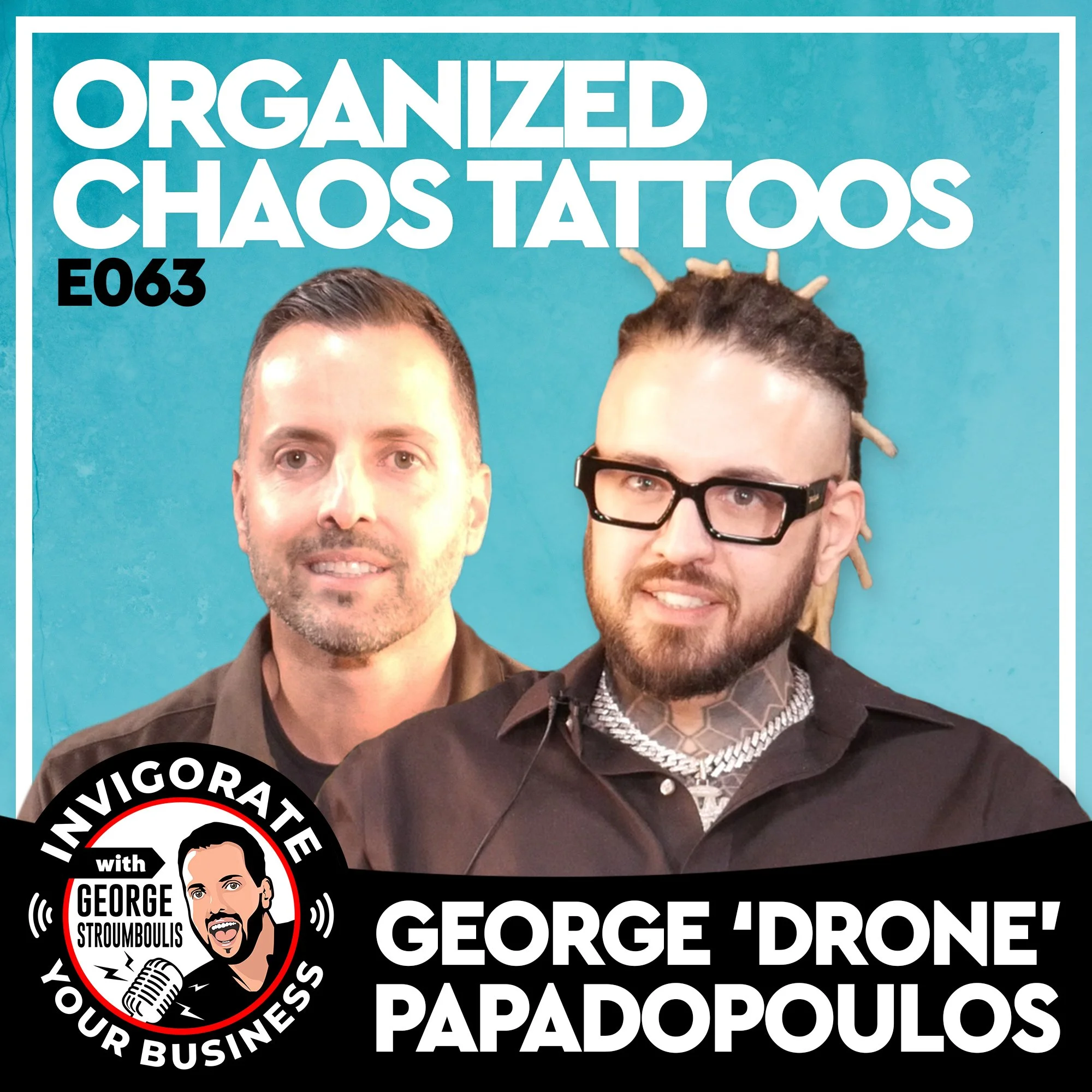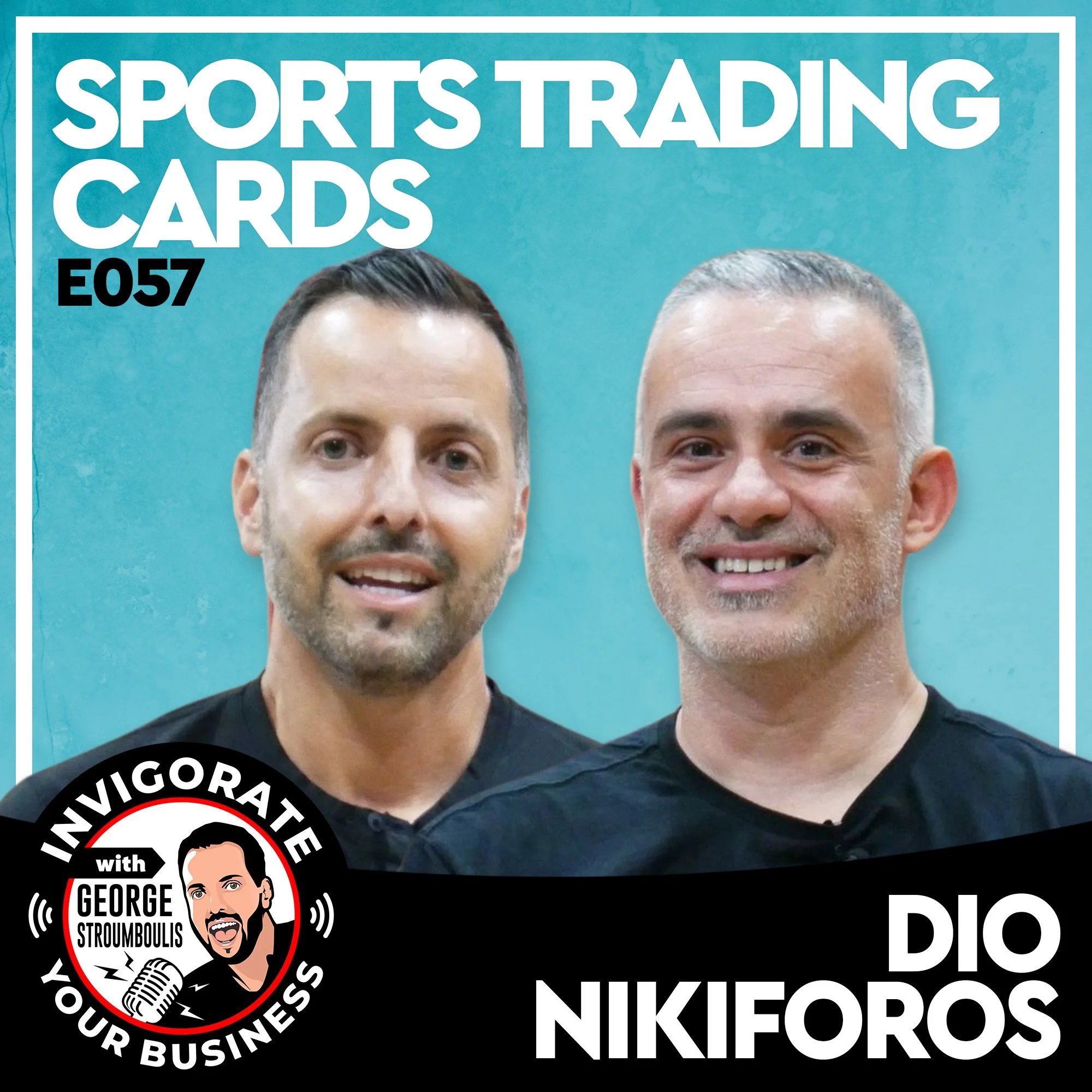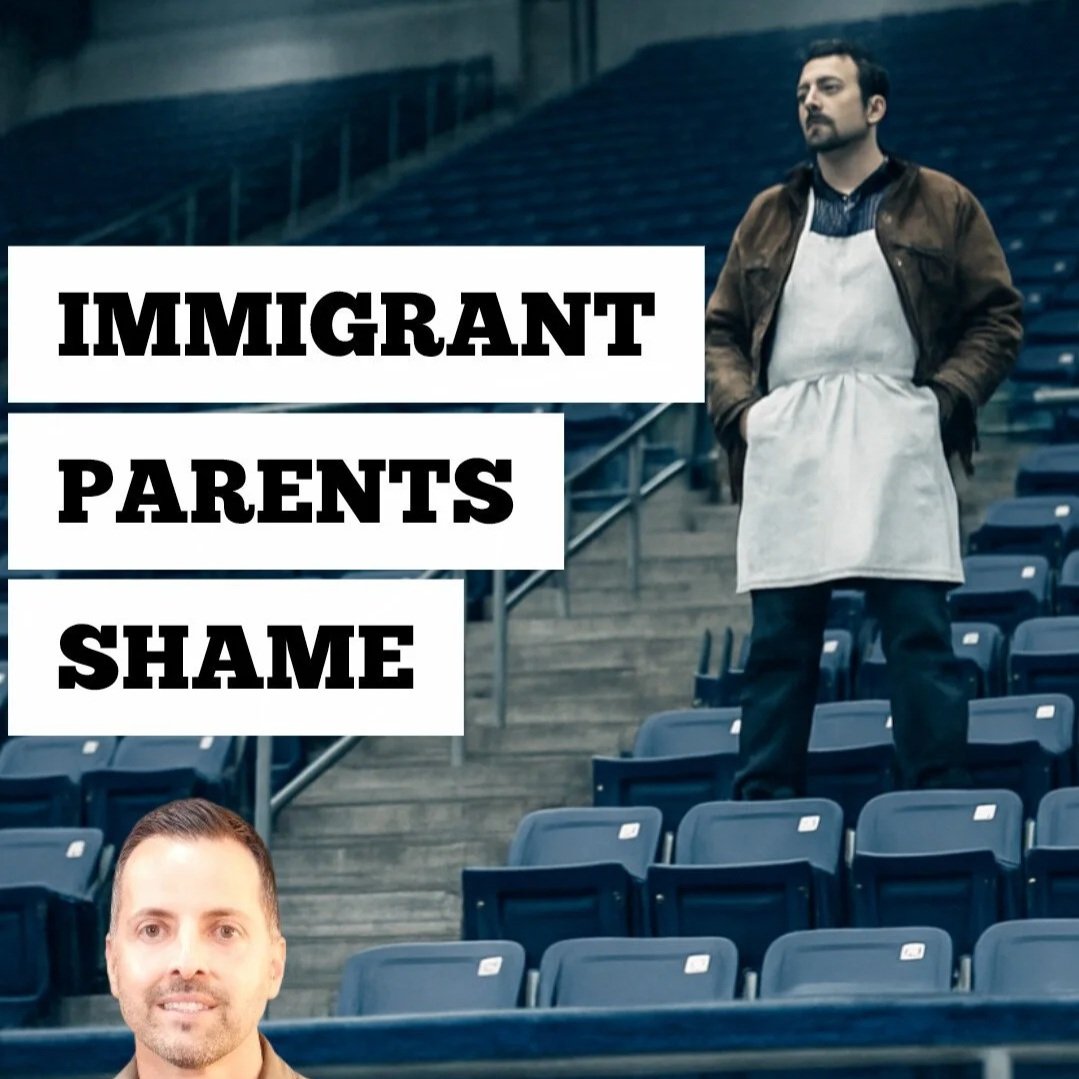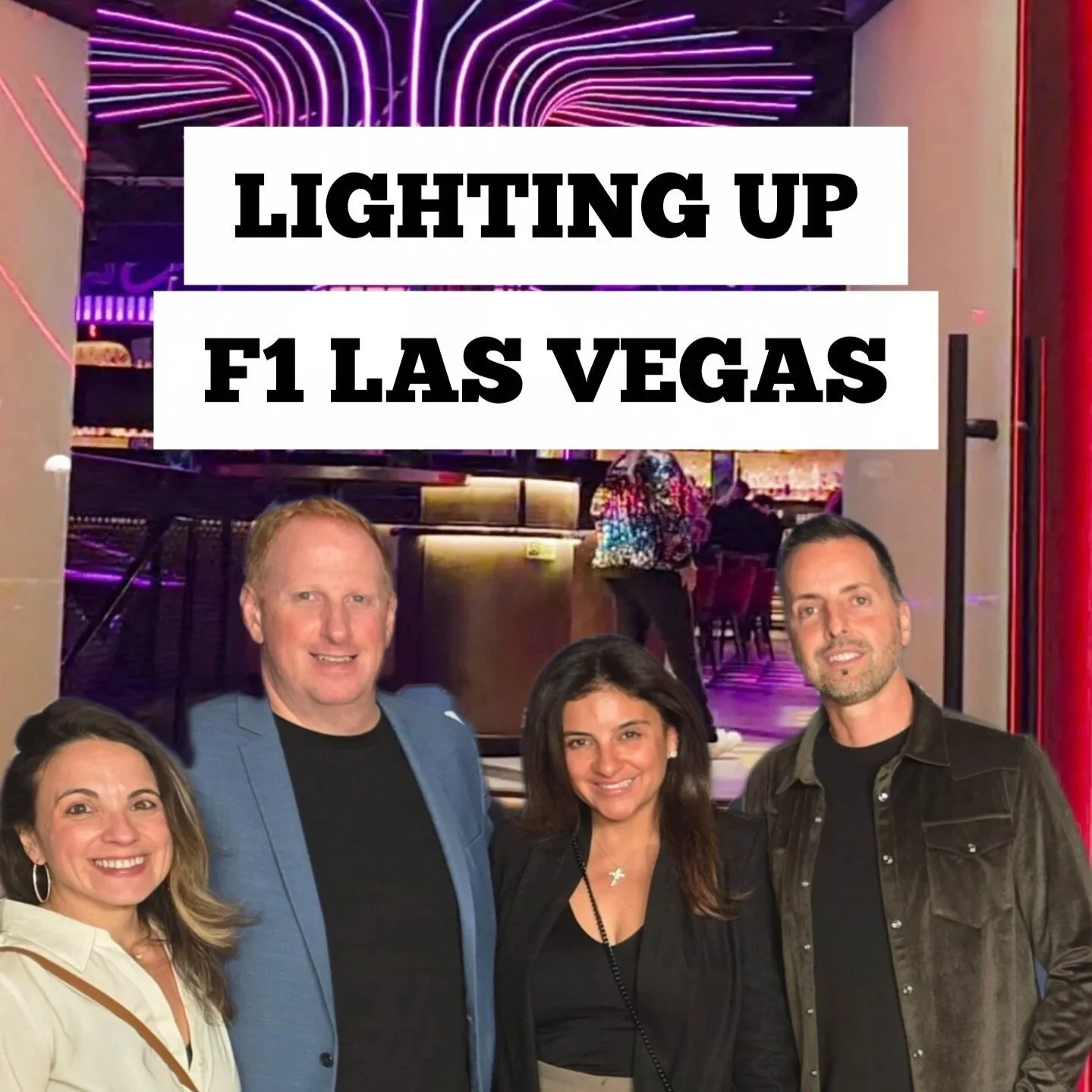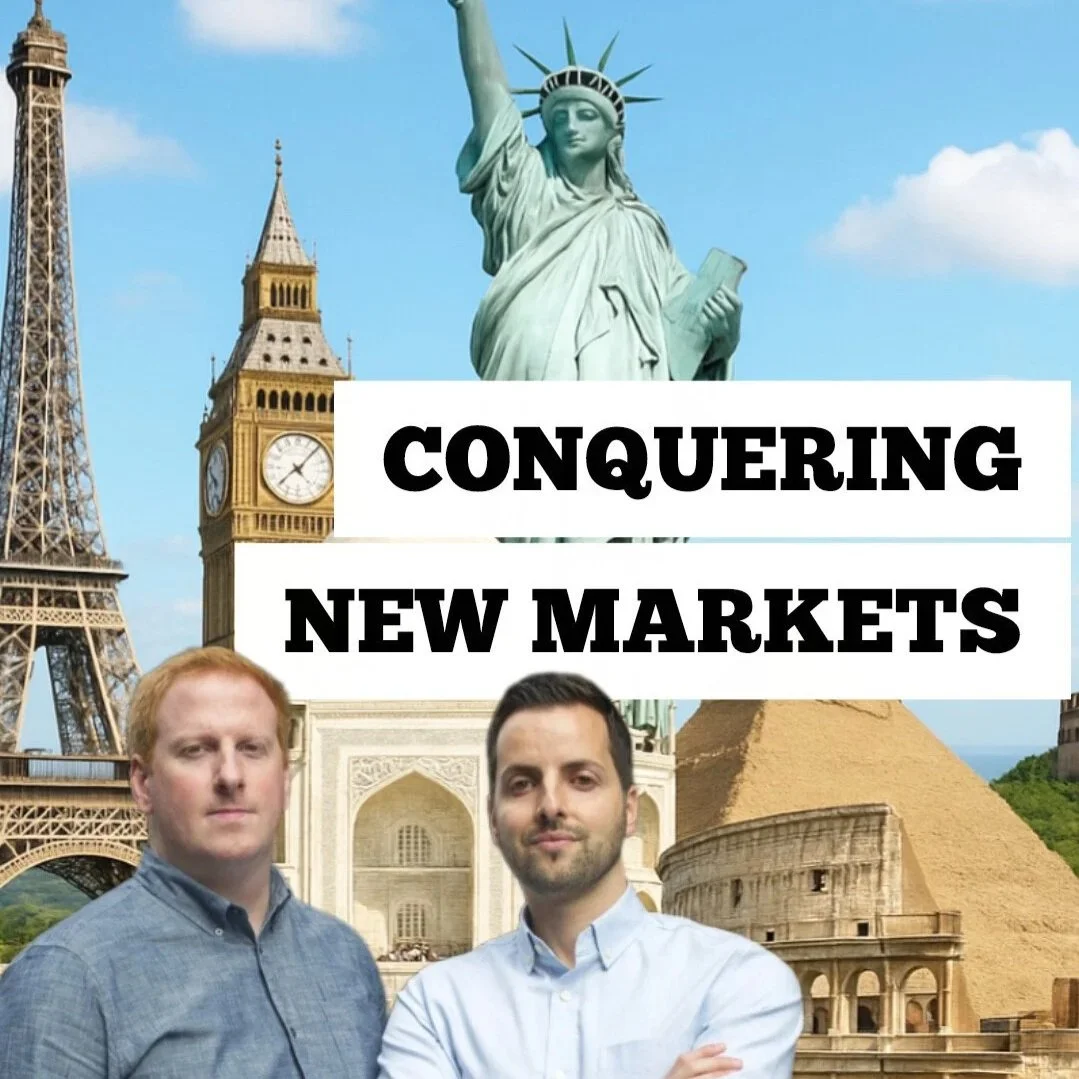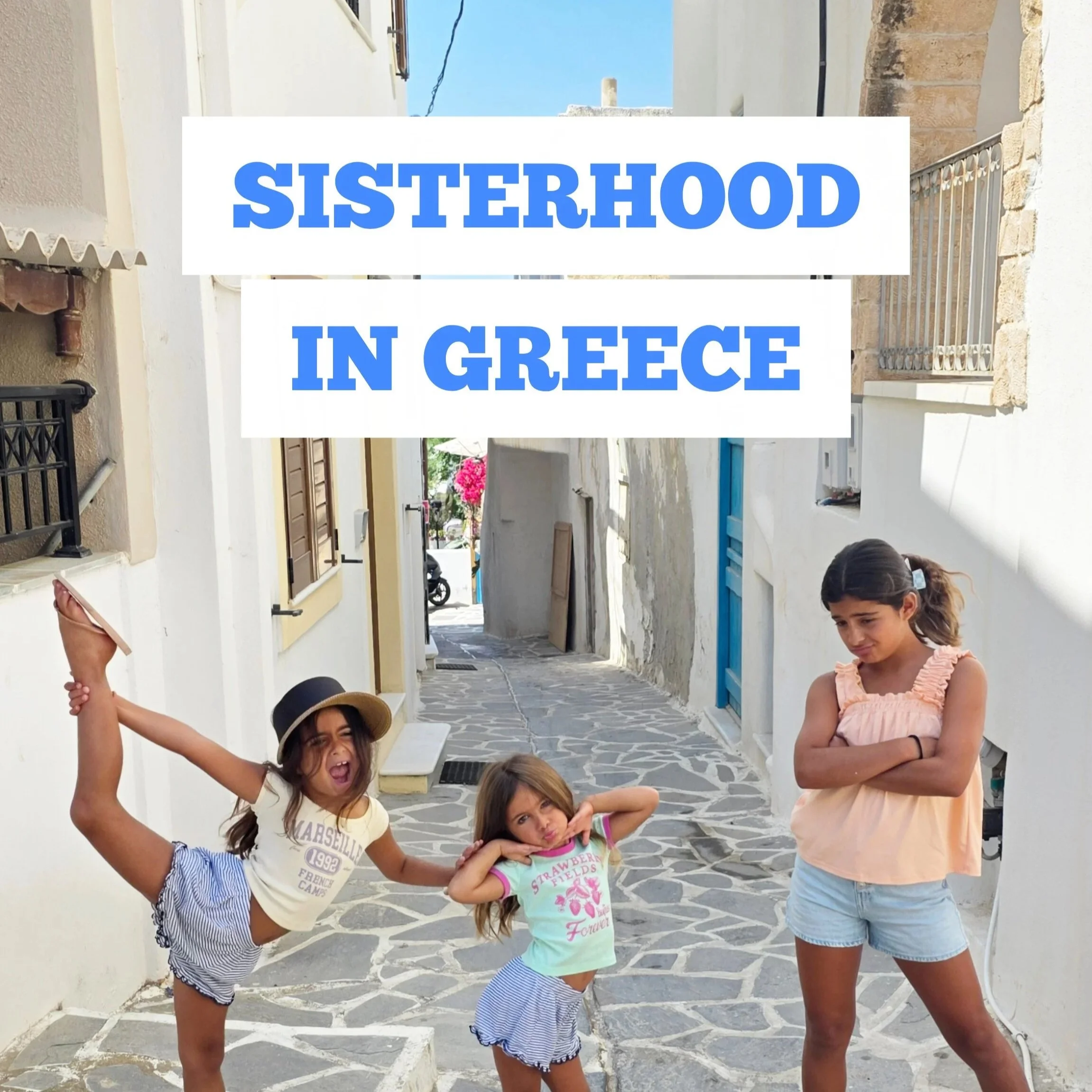HELPING BRANDS FROM LONDON EXPAND INTO THE UNITED STATES
Exploring London’s Themed Restaurant Scene: A Step Toward U.S. Expansion
Recently, I had the chance to immerse myself in London’s thriving themed restaurant scene, connecting with various venues that have captured the imaginations of locals and tourists alike. As someone deeply passionate about custom lighting and design, it was exciting to see how these creative dining and entertainment spots use lighting and interior design to elevate their concepts.
Themed restaurants are booming, offering experiences that go beyond food, and I was fortunate to meet with several unique concepts, including a darts-themed restaurant, a mini-golf themed eatery, and even a shuffleboard-themed space. Each one of these venues has meticulously crafted its atmosphere, with lighting playing a critical role in setting the mood and enhancing the overall experience.
With custom lighting being such a key element of these experiences, our team at Ideoli is perfectly positioned to help them recreate the same immersive environments in new locations across the U.S.
Meeting with distribution partners, understanding the logistics of what works in London, and witnessing firsthand how lighting transforms these spaces gave me some valuable insights. I’m excited to bring that knowledge back to the States and help these businesses light up their future in the U.S. while maintaining the creativity and vibrancy that make them special.
Stay tuned as we continue to explore more opportunities in this space!
“With custom lighting being such a key element of these experiences, our team at Ideoli is perfectly positioned to help them recreate the same immersive environments in new locations across the U.S.”
Meeting with clients in London, England to help bring their brands to the United States.
WHY DO BRITISH BRANDS WANT TO EXPAND INTO THE UNITED STATES?
British brands often seek to expand into the United States for several strategic reasons:
Large Market Size: The U.S. offers a vast consumer market with over 330 million people. For British brands, this presents an opportunity to significantly grow their customer base and increase sales volume.
Cultural Affinity: There are strong cultural ties between the U.K. and the U.S., including shared language and similar consumer behavior. This makes it easier for British brands to enter the U.S. market with minimal adaptation compared to non-English-speaking countries.
Prestige of the U.S. Market: Success in the United States can elevate the global profile of a British brand. Many international companies view the U.S. as a benchmark market; gaining traction there can open doors to further international opportunities.
Economic Diversification: Expanding into the U.S. allows British brands to diversify their revenue streams beyond Europe, reducing reliance on a single geographic market, especially post-Brexit.
Innovation and Retail Environment: The U.S. is known for its competitive retail and e-commerce landscape, offering access to advanced technologies, diverse retail channels, and a wide network of potential business partnerships. Brands can take advantage of this innovation to stay ahead in global trends.
Brand Longevity: Some British brands have found that establishing a presence in the U.S. provides long-term growth opportunities, as many American consumers are drawn to the heritage, craftsmanship, and quality often associated with U.K. products, especially in sectors like fashion, food, and hospitality.
For British brands, tapping into the U.S. market is seen as both a financial and strategic move, helping solidify their global presence and drive future growth.
WHAT TYPE OF RESTAURANTS ARE FLIGHT CLUB, PUTTShACK and ELECTRIC SHUFFLE?
Flight Club, Puttshack, and Electric Shuffle are all examples of innovative, themed social entertainment venues that combine food, drink, and interactive games in a high-energy, social setting.
Flight Club: Known as the home of "Social Darts," Flight Club offers a new spin on traditional darts by incorporating multiplayer games, technology-driven scoring systems, and vibrant atmospheres designed for group play. Each venue has a full bar and food menu, creating an immersive social experience centered around competitive darts. The emphasis is on fun, social interaction rather than professional dart playing.
Puttshack: Puttshack reimagines mini-golf by combining it with high-tech gameplay and a vibrant atmosphere. Their mini-golf courses use patented Trackaball technology, which eliminates the need for paper scorecards and automatically tracks each player's performance. The courses are set within a bar and restaurant environment, offering a menu of high-quality food and drinks alongside the golf experience. Puttshack focuses on group activities, making it a destination for social gatherings.
Electric Shuffle: This venue reinvents the game of shuffleboard using cutting-edge technology and gameplay enhancements. Electric Shuffle offers a variety of game modes, keeping the game exciting and competitive while players enjoy drinks and snacks. Similar to Flight Club and Puttshack, Electric Shuffle provides a social environment where the interactive game is central to the experience, making it a popular destination for groups and events.
Each of these venues is designed to combine social interaction, competitive play, and entertainment, making them standout examples of the growing trend of "competitive socializing" in the hospitality industry.
HOW IMPORTANT IS MAINTAINING YOUR BRAND ACROSS CULTURES?
Maintaining your brand across cultures is crucial for the long-term success of a business, especially as companies expand into global markets. Here’s why it matters:
Consistency Builds Trust: A consistent brand identity helps build trust and credibility with customers. Consumers expect brands to deliver the same values, quality, and messaging, regardless of location. When they see a consistent brand experience across cultures, they are more likely to feel confident in the product or service, driving loyalty.
Respecting Local Norms: While consistency is essential, maintaining your brand across cultures also requires adapting to local preferences, customs, and expectations. A rigid approach may backfire in markets where cultural sensitivity is crucial. For example, adapting marketing campaigns to respect local holidays, traditions, or languages while keeping the core brand message intact can enhance relevance and customer connection.
Adapting Communication Styles: Certain colors, symbols, and words may have different connotations across cultures. A global brand needs to be mindful of these differences in communication. For instance, while humor may work in one culture, it could be perceived as offensive or inappropriate in another. Tailoring brand messaging while staying true to core values ensures it resonates across different regions without losing its essence.
Global Presence, Local Relevance: Brands that succeed globally often adopt a "glocal" strategy—global in scope but locally relevant. Companies like McDonald's and Coca-Cola have thrived by maintaining a consistent global brand identity while customizing their offerings and marketing strategies to align with local tastes and preferences.
Avoiding Brand Dilution: Maintaining a consistent brand image helps avoid brand dilution. When a company presents vastly different images, messages, or product quality in different regions, it can confuse customers and weaken overall brand equity. Ensuring that the brand’s core message is clear, even with local adaptations, preserves its strength.
In short, maintaining your brand across cultures requires balancing consistency with cultural sensitivity. A thoughtful approach ensures that businesses can protect their global identity while still resonating with local audiences.


